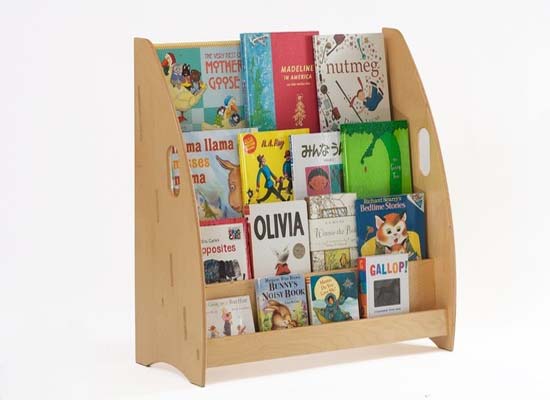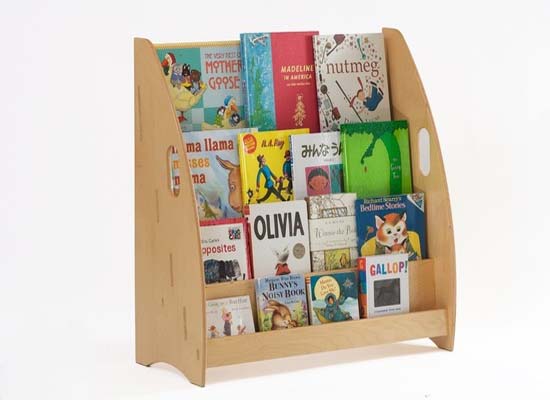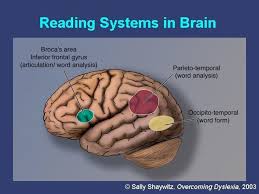It is vital that you talk and read to your child. Early language development strongly correlates to later academic and social success (Hendrick & Weissman, 2011)
Oral language exposure in very young children is a strong predictor of later school reading comprehension scores. By age three, children from privileged families have heard 30 million more words than children from poor families. By kindergarten the gap is even greater.
Reading to your child helps with learning many literacy skills:
- Understanding Vocabulary. Words in books tend to be more elaborate and different than the words used in everyday conversations.
- Making sense of grammar and word order. Exposure to lots of books helps children absorb grammar rules. For example, there is a meaningful difference between “Bob helps Sue” and “Sue helps Bob”.
- Differentiating word patterns. Such as with -ay in may, stay, lay, say.
- Understanding the meaning of prefixes and endings added to words that can stand alone. So adding an “s” to a word means “more than one”.
- Understanding foreign places and history.
- Evoking higher order thinking skills such as inferring and predicting.
Hart, Bl, & Risley, T.R. (2003). The early catastrophe; The 30 million word gap by age 3, American Educator, 27(1), 4-9
Hendrick, J., & Weissman, P. (2011). Total Learning: Developmental Curriculum
for the Young Child (Eighth ed.). Upper Saddle River, NJ: Pearson.
(Original work published 1994)



